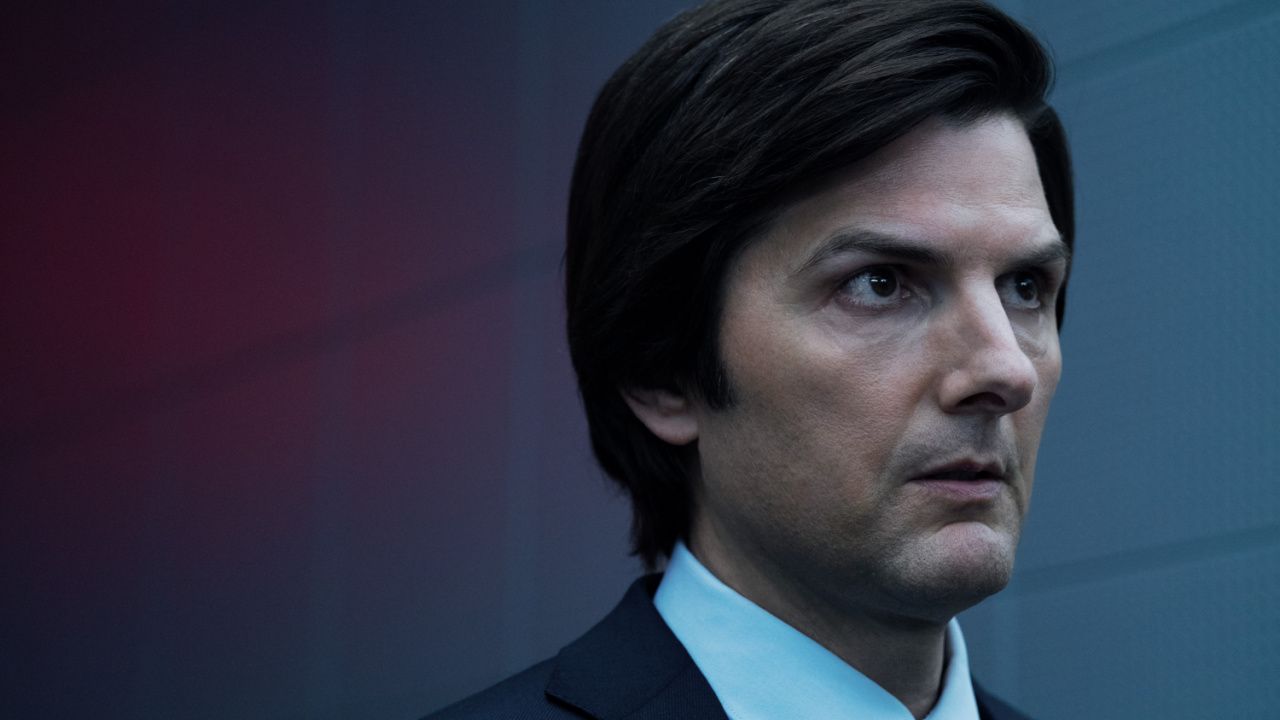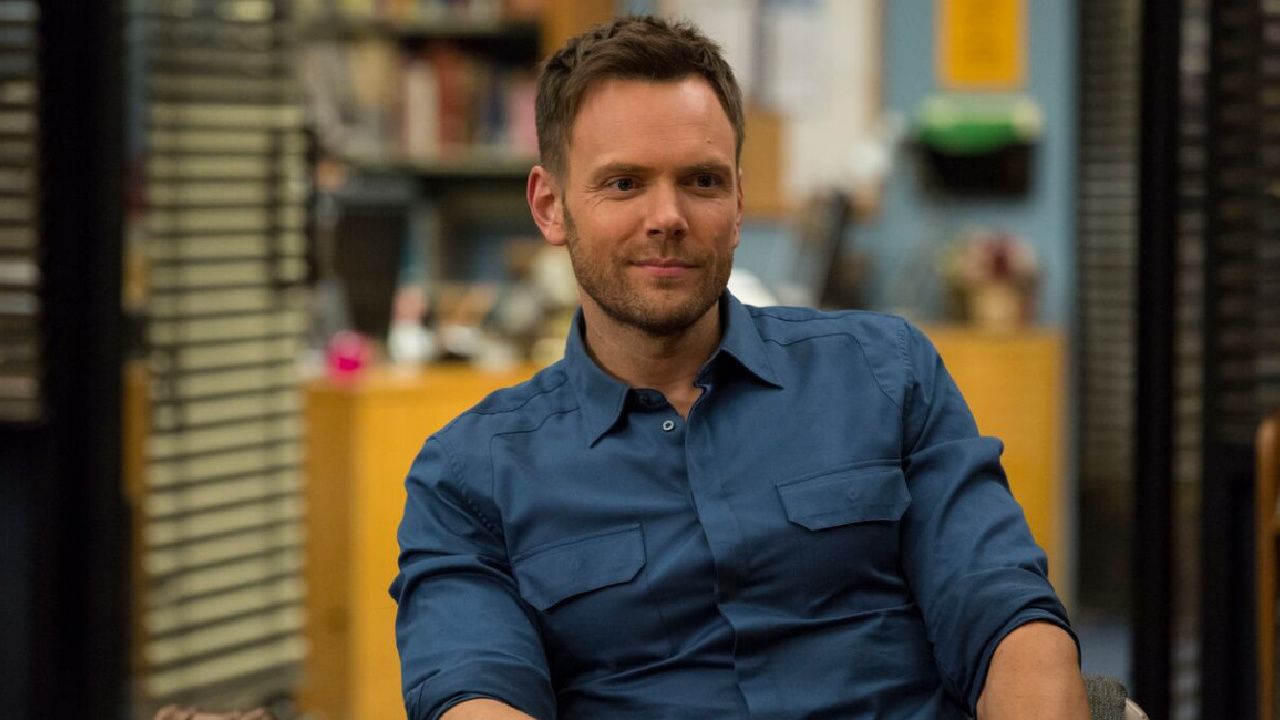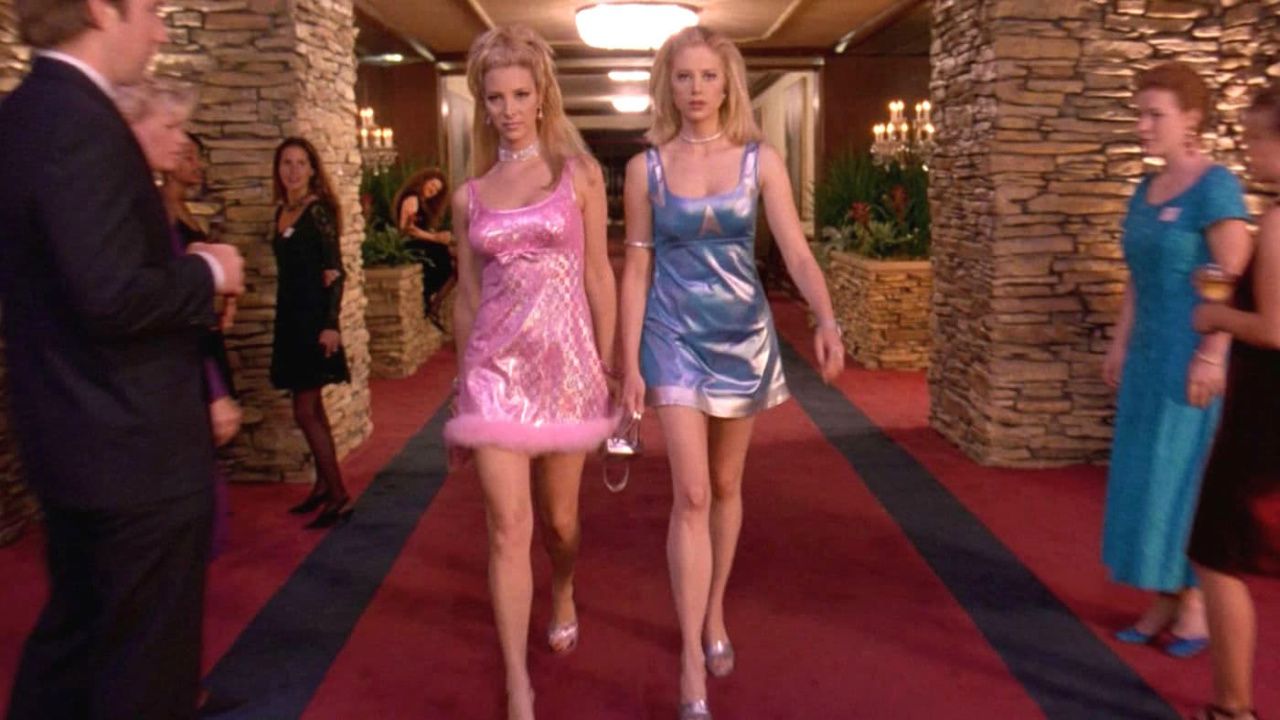German Industry Calls for Programing Investment by Public Broadcasters

German public broadcasters need to invest more in making better shows or risk losing their democratic legitimacy. That’s the message the German film and TV industry is sending to Germany‘s public channels which face increasing attacks from the country’s surging far right.
The guilds and associations representing Germany’s film and TV creative communities, including the German screenwriters guild, the alliance of film and TV producers, the federal acting association, the producers association, and the German directors guild, have called for a commitment by public broadcasters to invest at least 50 percent of their budgets in making shows, and spend less on management and administration.
In an open letter to state and government authorities, the groups said their “50+ for Programming” plan would increase public acceptance and the democratic legitimacy of the public broadcasting service.
“Every euro invested in programming simultaneously strengthens the stability of Germany’s media democracy,” the letter reads.
Germany’s public broadcasting system, which operates national television networks ARD and ZDF as well as numerous regional TV and radio stations across the country, is among the best-financed in the world. The bulk of funding comes through a mandatory TV tax of around $20 (€18.36) per month per household. But Germany’s far-right AfD party has called for an end to the TV tax, accusing ARD and ZDF of being state-backed propaganda machines for the left.
As the AfD grows in strength — the party is hot off electoral success in three recent state elections in eastern Germany — many fear there will be pressure to defund or dismantle the country’s public broadcasting system.
In their letter, German creatives note that only 44 percent of TV tax revenues for public broadcasting currently go toward programming, a level that they argue undermines quality and legitimacy. They are calling on a 50+ programming requirement to be written into the media state treaty that governs the financing of public broadcasting to ensure future reforms do not result in further cuts.
“We are concerned with the diversity and quality of programming — and nothing less than the survival of public broadcasting itself,” the letter reads. “Public broadcasting is legitimized solely through its programming and gains acceptance through good, high-quality content. The more consistently a high level of programming is secured, the harder it becomes for political forces that seek to challenge the legitimacy of public broadcasting. 50+ is therefore also a political statement for a strong public broadcasting service, a clear signal from the political sphere that fee revenues are being directed towards good programming and benefiting the citizens who pay them!”
Cuts to public broadcasting also represent an existential threat to many in the German industry. The bulk of programming on ARD and ZDF comes from independent media companies and freelancers, many of whom would be out of work without their public commissions.
Read the original article here






